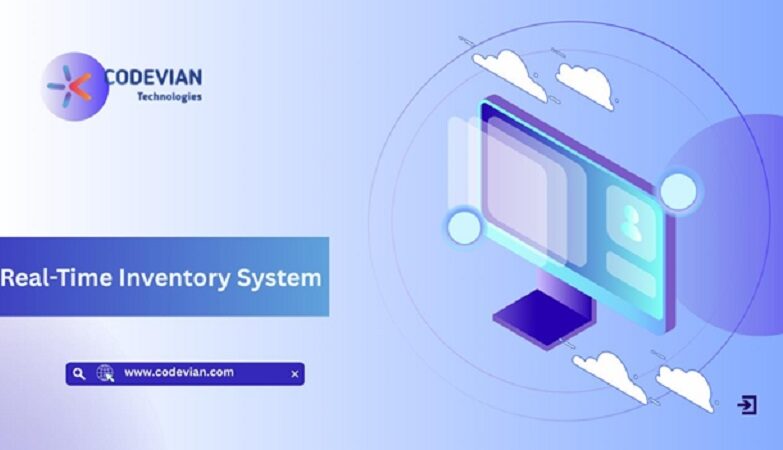The legal profession has shown incredible fortitude in the face of the COVID-19 epidemic by adjusting to remote work conditions, particularly the way depositions are conducted. Legal practitioners need to move smoothly and preparedly into this new territory as virtual hearings become the norm. The following five essential pointers will help to guarantee that distant depositions are conducted smoothly:
Choose the Proper Platform:
Choosing the right video conferencing platform is essential to a successful remote deposition. Legal processes need systems with extensive security measures, private communication features, multi-user conferencing capabilities, real-time transcription, and exhibit management tools, even if well-known solutions like Zoom and Microsoft Teams are beneficial for other sectors. Platforms that protect sensitive data and enable easy participant cooperation should be given priority.

Reduce Distractions:
It’s critical to preserve the deposition room’s sacredness in order to preserve professionalism and concentration. It is best for participants to participate from places free from background, auditory, or visual distractions. It’s important to mute microphones when not speaking and to choose a quiet, private space with a reliable internet connection. The integrity of the deposition process is enhanced by unfiltered observation of participants’ emotions, body language, and tone, as well as by clear communication.
Preemptive Document Management:
One of the most important aspects of remote depositions is the smooth exchange and evaluation of papers. By sending and requesting files well in advance, you may prepare for obstacles associated to document sharing, such as file size restrictions or software compatibility concerns. Accept electronic discovery procedures, but make sure you’re well-prepared and that the documents are accessible in order to avoid last-minute hiccups. Proactive management reduces interruptions and streamlines the process.
Perform comprehensive Test Runs:
Before the real deposition, perform comprehensive test runs to reduce the possibility of technological issues or procedural blunders. Refine scripted instructions, verify hardware and software compatibility, and acquaint all participants with the conferencing platform. To replicate real-world events, such as document uploads, audiovisual settings changes, and private chat features, use test runs. Preemptively addressing possible problems boosts comfort and productivity during the deposition.
Effectively Prepare Witnesses:
By offering thorough preparation and assistance, witnesses may be enabled to comfortably traverse the virtual deposition environment. Make sure they have the necessary equipment, dress properly, and follow efficient communication techniques. Promote clear, calm speaking and the best possible seating configurations for the best possible lighting and sound quality. Organize trial runs for witnesses to acquaint them with the process and allay any concerns. A smooth flow of distant depositions is contingent upon the effective preparation of witnesses.
Conclusion
Legal practitioners must be flexible, well-prepared, and strategically minded in order to successfully implement remote depositions. Legal professionals may preserve the integrity of the deposition process and promote favorable results by using the appropriate technology, reducing outside distractions, organizing documents pro-actively, doing extensive test runs, and skillfully preparing witnesses. Adopting diligently and skillfully remote deposition procedures enables attorneys to meet modern obstacles while maintaining the values of justice and equity.





